|

The Center on Inclusive Technology & Education Systems (CITES) aims to empower district leaders to create and sustain inclusive technology systems that serve all students, including students with disabilities who require assistive technology or accessible educational materials for learning. CITES provides technical assistance to ensure students with disabilities can access and utilize technology tools. The framework provides practices, action steps, and resources such as district self-assessments, a video series, and guides supporting AEM and AT implementation. Learn more by visiting the CITES website and registering for the CITES Community of Practice.
|
|

The IDEA Data Center (IDC) is funded by the U.S. Department of Education’s Office of Special Education Programs (OSEP) to provide technical assistance to build capacity within states for collecting, reporting, analyzing, and using high-quality IDEA Part B data. |
|

CAST is a multifaceted organization with a singular ambition: To bust the barriers to learning that millions of people experience daily. CAST helps educators and organizations apply insights from the learning sciences and leading-edge practices to educational design and implementation. CAST is a nonprofit education research and development organization that created the Universal Design for Learning framework and UDL Guidelines, which are used worldwide to make learning more inclusive.
|
|
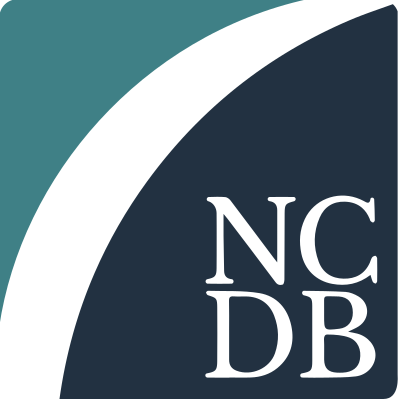
The primary mission of the National Center on Deaf-Blindness is to support state deaf-blind projects as they assist educators, agencies, and organizations in acquiring the knowledge and skills needed to help children with deaf-blindness learn, access the general education curriculum and successfully transition to adult life. Deaf-blindness impacts their access to information, social interactions, and overall attention and engagement. A new practice guide from the National Center on Deaf-Blindness, Preparing the Learning Environment, identifies the essential components of this practice that are commonly used with individuals who are deaf-blind. It and previous practice guides are on NCDB's Practice Guides webpage.
|
 CADRE (Center for Appropriate Dispute Resolution in Special Education) creates products and delivers high-quality, relevant, and useful services to dispute resolution in special education and early intervention. CADRE (Center for Appropriate Dispute Resolution in Special Education) creates products and delivers high-quality, relevant, and useful services to dispute resolution in special education and early intervention.
|
|
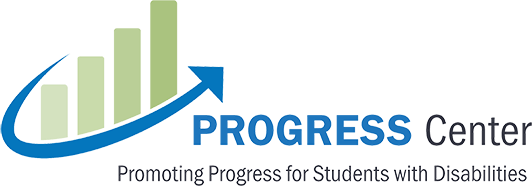
The PROGRESS Center (Promoting Rigorous Outcomes and Growth by Redesigning Educational Services for Students With Disabilities Center) provides information, resources, tools, and technical assistance to local educators and leaders (kindergarten through transition age) in developing and implementing high-quality educational programs that ensure students with disabilities allowing them to make progress and meet challenging goals.
|
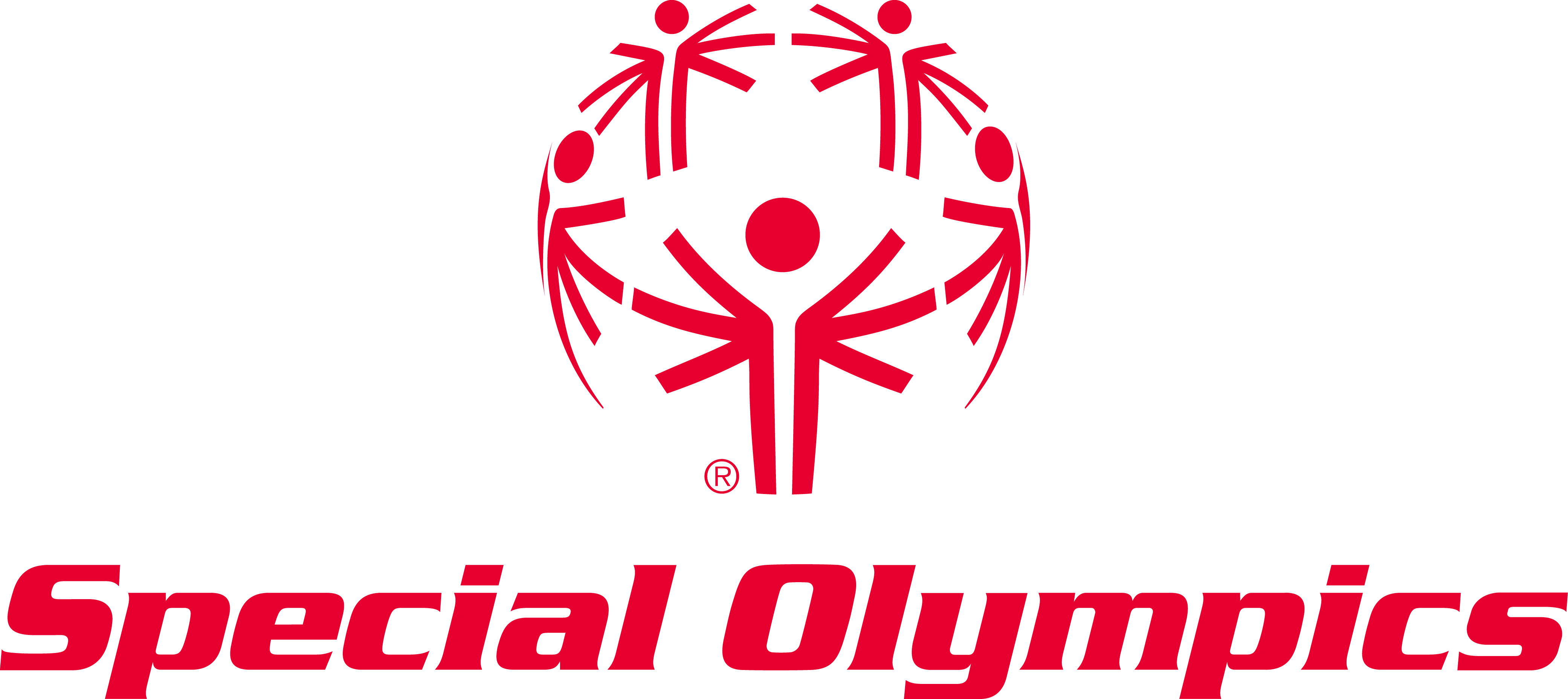 Special Olympics is a global movement of inclusion and community where every person is accepted and welcomed, regardless of ability or disability. Special Olympics is helping to make the world a better, healthier, and more joyful place—one athlete, one volunteer, and one family member at a time. Special Olympics is a global movement of inclusion and community where every person is accepted and welcomed, regardless of ability or disability. Special Olympics is helping to make the world a better, healthier, and more joyful place—one athlete, one volunteer, and one family member at a time. |
 Learning Ally believes all students should have equal opportunities to learn and succeed. Before Learning Ally, many children were frustrated and lacked faith in their abilities. With Learning Ally, students are equipped with the educational tools to overcome their learning differences! Learning Ally believes all students should have equal opportunities to learn and succeed. Before Learning Ally, many children were frustrated and lacked faith in their abilities. With Learning Ally, students are equipped with the educational tools to overcome their learning differences! |
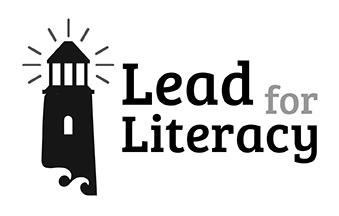 Lead for Literacy is a partnership among literacy experts, education leaders, university researchers, and technical assistance providers, funded by the United States Department of Education’s Office of Special Education Programs. Its mission is to provide technical assistance to school and district leaders that builds their capacity to facilitate improved teacher implementation of evidence-based literacy practices. Lead for Literacy is a partnership among literacy experts, education leaders, university researchers, and technical assistance providers, funded by the United States Department of Education’s Office of Special Education Programs. Its mission is to provide technical assistance to school and district leaders that builds their capacity to facilitate improved teacher implementation of evidence-based literacy practices. |
 Equity & Access is home to the American Consortium for Equity in Education and publishes the AC&E Journal. It works to ensure opportunity for every learner in the country. Equity & Access is home to the American Consortium for Equity in Education and publishes the AC&E Journal. It works to ensure opportunity for every learner in the country. |
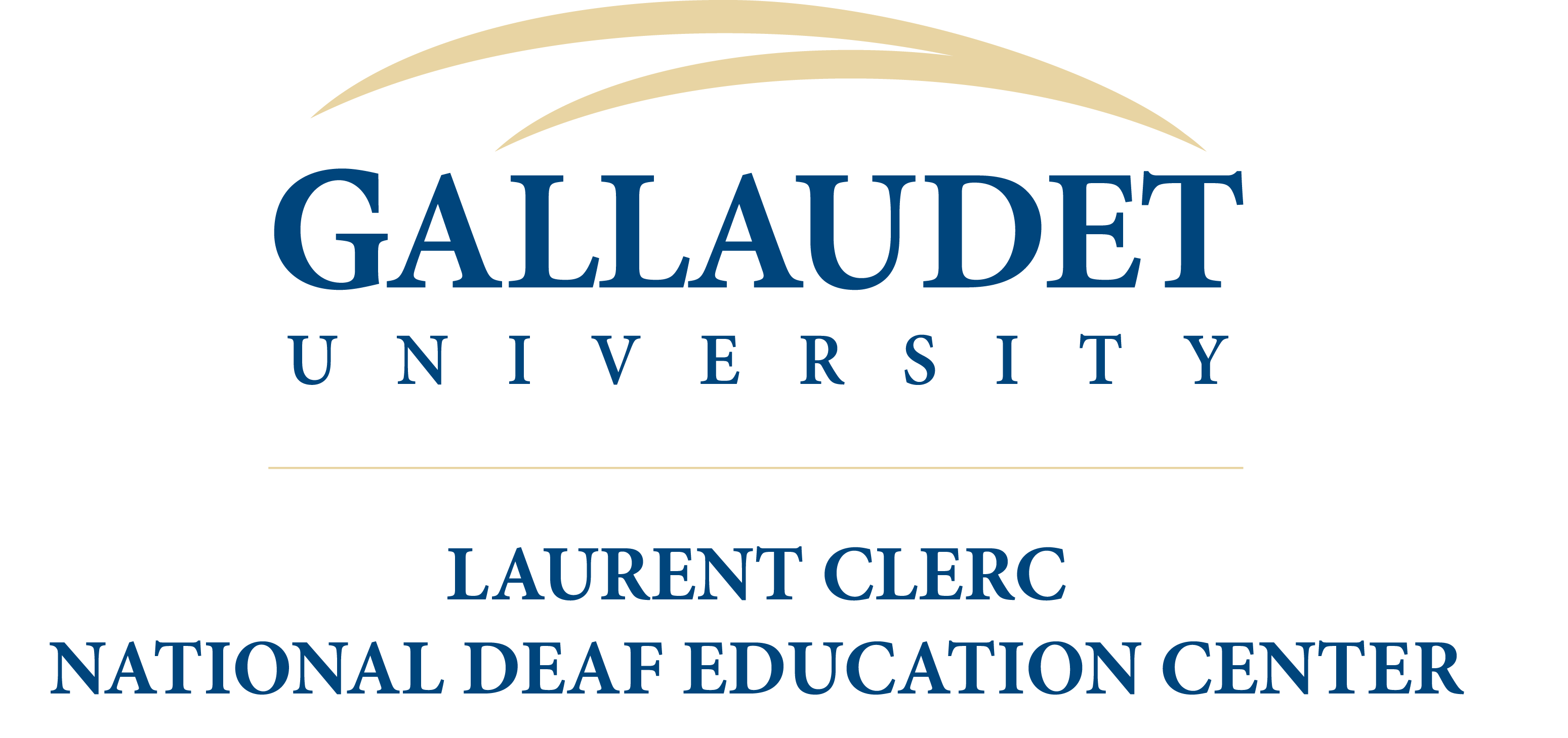 The Laurent Clerc National Deaf Education Center at Gallaudet University is a federally funded center with exemplary elementary and secondary education programs for deaf and hard-of-hearing students. It is tasked with developing and disseminating innovative curricula, instructional techniques, and products nationwide while providing information, training, and technical assistance for parents and professionals to meet the needs of students who are deaf and hard-of-hearing from birth to age 21. The Laurent Clerc National Deaf Education Center at Gallaudet University is a federally funded center with exemplary elementary and secondary education programs for deaf and hard-of-hearing students. It is tasked with developing and disseminating innovative curricula, instructional techniques, and products nationwide while providing information, training, and technical assistance for parents and professionals to meet the needs of students who are deaf and hard-of-hearing from birth to age 21. |
|
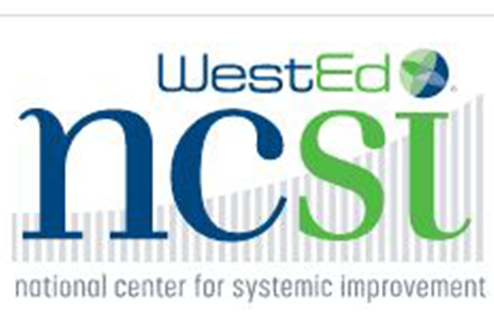
The National Center for Systemic Improvement (NCSI) is a multiyear cooperative agreement funded by the U.S. Department of Education, Office of Special Education Programs (OSEP) (2019-2024). NCSI plays a major role in helping states achieve a national vision of Results-Driven Accountability (RDA) for special education programs. |














